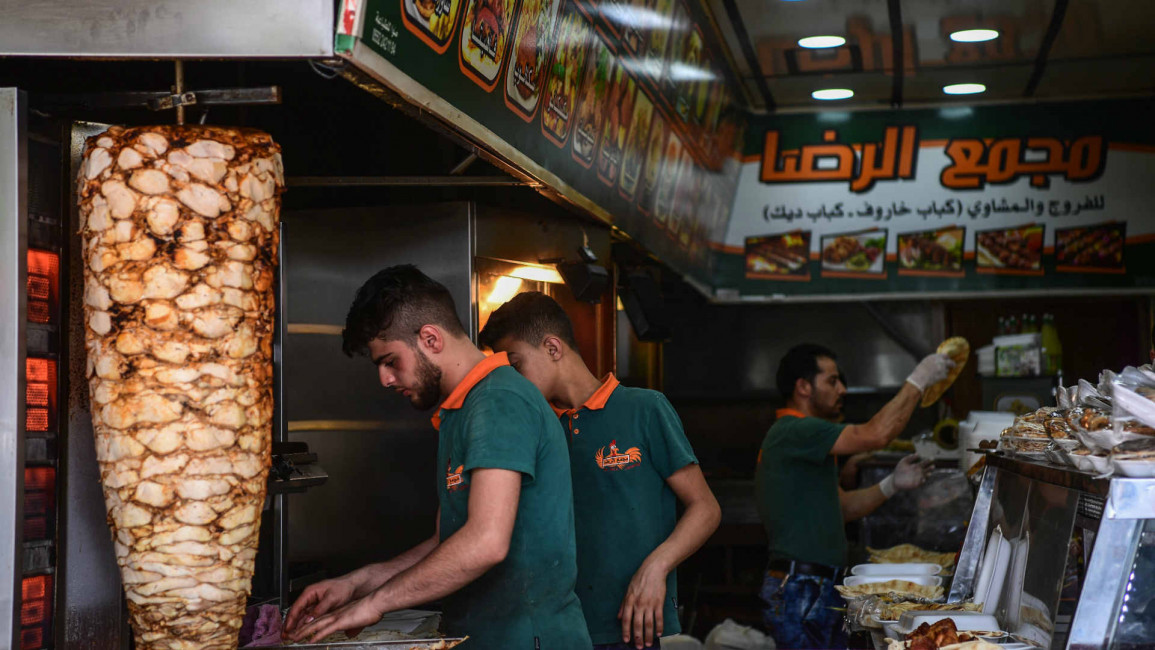Fatima Alzahra Shon thinks neighbours attacked her and her son in their Istanbul apartment building because she is Syrian.
The 32-year-old refugee from Aleppo was confronted on Sept. 1 by a Turkish woman who asked her what she was doing in “our” country. Shon replied, “Who are you to say that to me?” The situation quickly escalated.
A man came out of the Turkish woman’s apartment half-dressed, threatening to cut Shon and her family “into pieces,” she recalled. Another neighbour, a woman, joined in, shouting and hitting Shon. The group then pushed her down a flight of stairs. Shon said that when her 10-year-old son, Amr, tried to intervene, he was beaten as well.
Shon said she has no doubt about the motivation for the aggression: “Racism.”
Refugees fleeing the long conflict in Syria once were welcomed in neighbouring Turkey with open arms, sympathy and compassion for fellow Muslims. But attitudes gradually hardened as the number of newcomers swelled over the past decade.
Anti-immigrant sentiment is now nearing a boiling point, fuelled by Turkey’s economic woes. With unemployment high and the prices of food and housing skyrocketing, many Turks have turned their frustration toward the country’s roughly 5 million foreign residents, particularly the 3.7 million who fled the civil war in Syria.
In August, violence erupted in Ankara, the Turkish capital, as an angry mob vandalised Syrian businesses and homes in response to the fatal stabbing of a Turkish teenager.
Turkey hosts the world’s largest refugee population, and many experts say that has come at a cost. Selim Sazak, a visiting international security researcher at Bilkent University in Ankara and an advisor to officials from the opposition IYI Party, compared the arrival of so many refugees to absorbing “a foreign state that’s ethnically, culturally, linguistically dissimilar.”
“Everyone thought that it would be temporary,” Sazak said. “I think it’s only recently that the Turkish population understood that these people are not going back. They are only recently understanding that they have to become neighbours, economic competitors, colleagues with this foreign population.”
Read Also: Jasmin Diab: “Lebanon Still Sees Syrian Refugees as a Burden, not an Opportunity”
On a recent visit to Turkey, United Nations High Commissioner for Refugees Filippo Grandi acknowledged that the high number of refugees had created social tensions, especially in the country’s big cities. He urged “donor countries and international organisations to do more to help Turkey.”
The prospect of a new influx of refugees following the Taliban takeover of Afghanistan has reinforced the unreceptive public mood. Videos purporting to show young Afghan men being smuggled into Turkey from Iran caused public outrage and led to calls for the government to safeguard the country’s borders.
The government says there are about 300,000 Afghans in Turkey, some of whom hope to continue their journeys to reach Europe.
Turkish President Recep Tayyip Erdogan, who long defended an open-door policy toward refugees, recently recognised the public’s “unease” and vowed not to allow the country to become a “warehouse” for refugees. Erdogan’s government sent soldiers to Turkey’s eastern frontier with Iran to stem the expected flow of Afghans and is speeding up the construction of a border wall.
Immigration is expected to become a top campaign topic even though Turkey’s next general election is two years away. Both Turkey’s main opposition party, the Republican People’s Party, or CHP, and the nationalist IYI Party have promised to work on creating conditions that would allow the Syrian refugees’ return. waste collection fees foreigners there to propel them to leave.
Following the anti-Syrian violence in the Altindag district of Ankara last month, Umit Ozdag, a right-wing politician who recently formed his own anti-immigrant party, visited the area wheeling an empty suitcase and saying the time has come for the refugees to “start packing.”
The Syrian Observer has not verified the content of this story. Responsibility for the information and views set out in this article lies entirely with the author.


